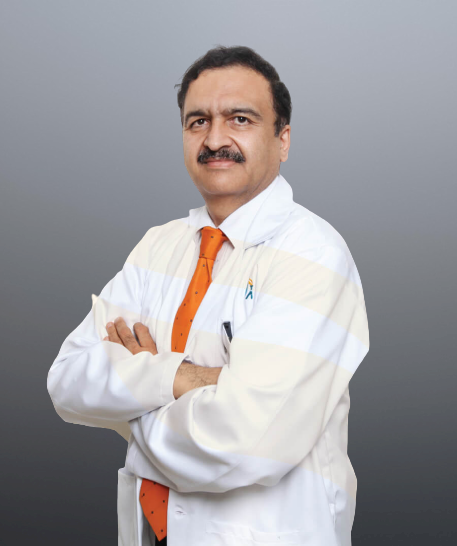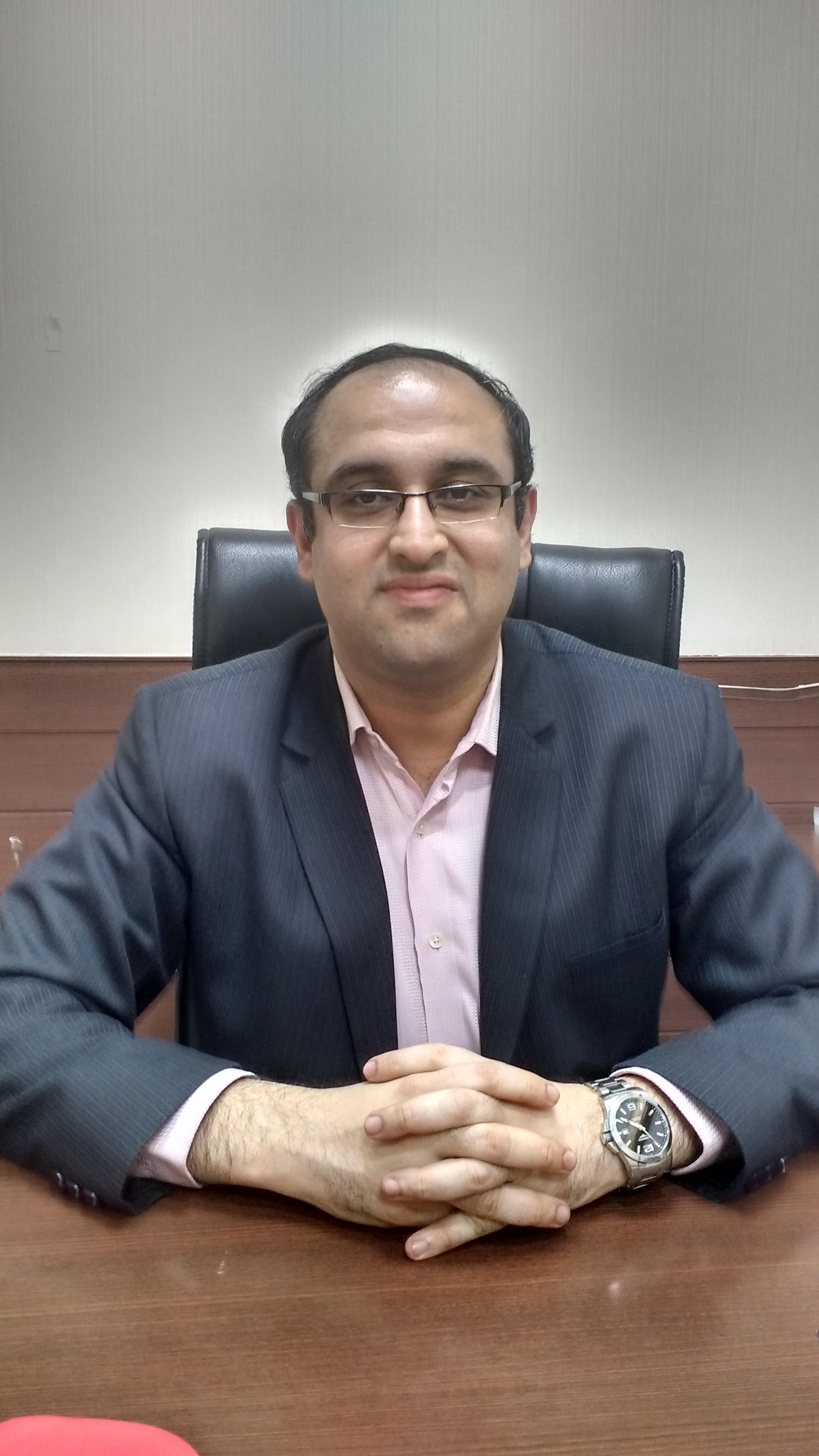Best Doctors for Dementia in Delhi
Dementia is a term used to describe a group of symptoms characterised by a progressive decline in cognitive functioning, impacting memory, thinking, reasoning, behaviour, personality, mood, social abilities, and daily life activities. Dementia is caused by damage to brain cells, which can stop them from communicating with each other. Alzheimer’s disease is the most common cause of dementia which affects a majority of the patients.
In Delhi, a mega-city with a population of over 19 million people, the prevalence of dementia is a growing concern due to its ageing population. However, the city houses the best dementia doctors and neurologists equipped to deal with this challenging condition. The dementia specialists at Apollo Hospitals Delhi offer prompt diagnosis and personalised treatment, ensuring successful outcomes and patient satisfaction.









 Call Now
Call Now







